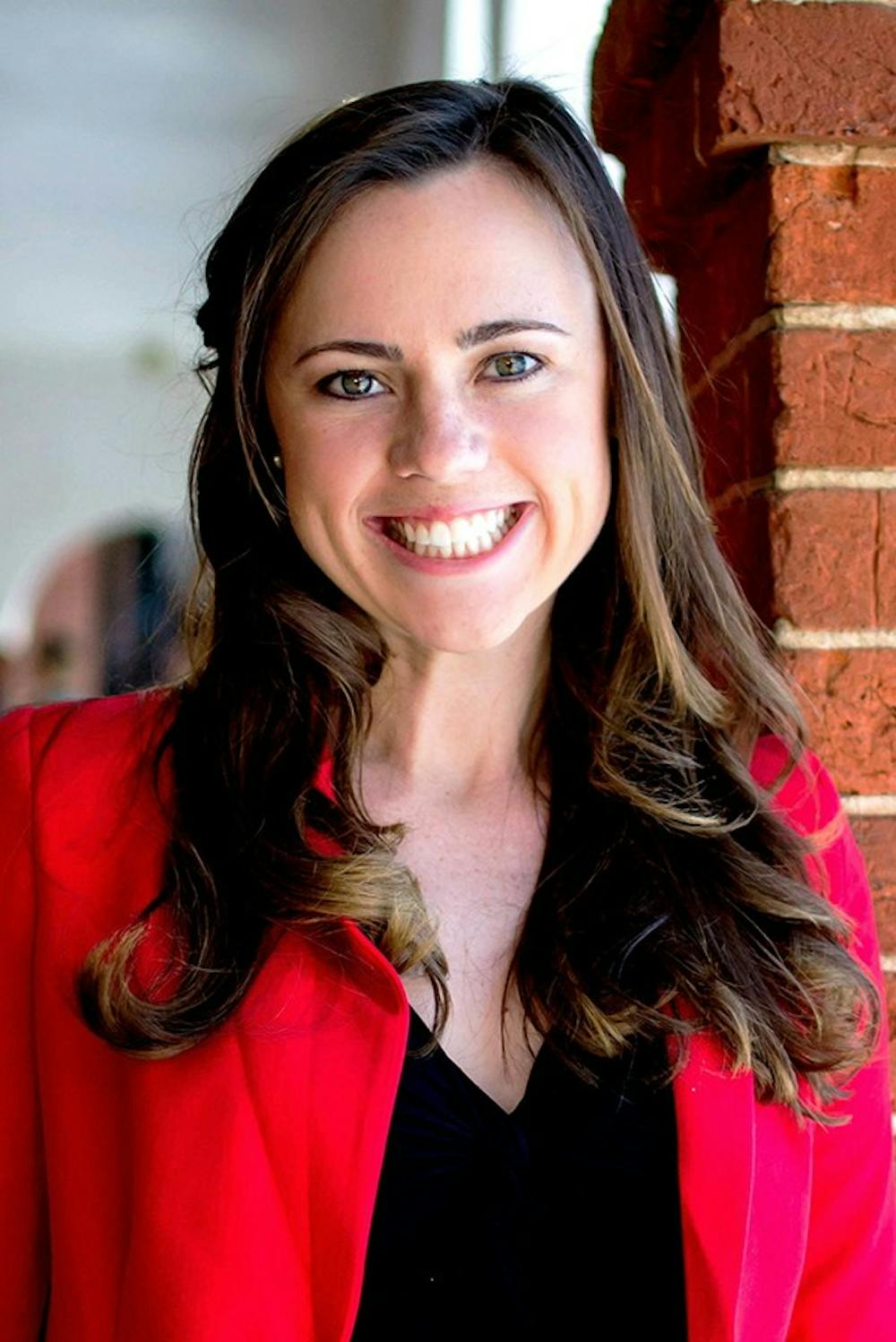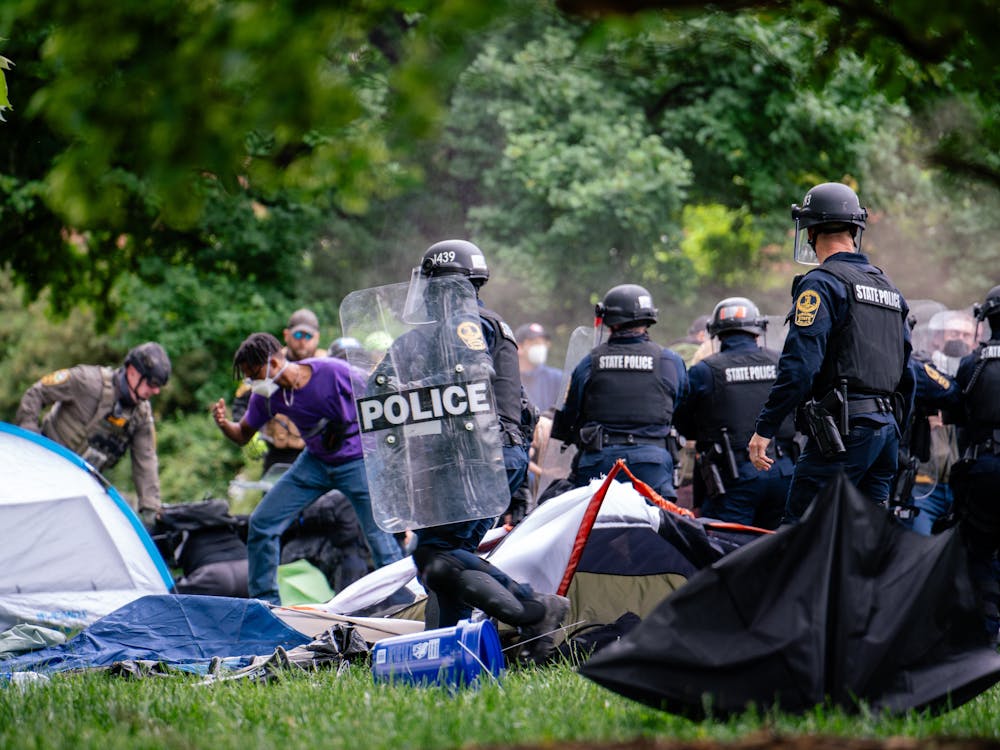On average, class council, Student Council and Honor officials can dedicate between 10 and 40 hours a week to their positions. The commitment required of these jobs typically makes it hard for student leaders to fully participate in other activities on Grounds, though some manage to balance multiple roles.
The responsibilities of class council presidents involve attending weekly meetings, keeping in touch with Alumni Hall and University administrators and maintaining a positive relationship with their classes and the greater University community.
“I would say I spend a solid hour or two each day or ... an hour and a half on SYC a day,” said Floyd Black, second-year College student and Second-Year Class Council President.
Black’s schedule is similar to most class council presidents, with a slight variation in the groups they collaborate with.
“I know on applications whenever it does ask the time commitment [of Council positions], the best breakdown I can give is probably eight to 10 hours a week,” Malcolm Stewart, third-year Batten student and Third Year Council president, said.
Omar Elhaj, a first-year College student and First-Year Council President said much of his time is dedicated to meetings.
“My responsibilities are going to and coordinating the council meetings for everybody and organizing the executive board meetings and advisor meetings with Housing and Residence Life, as well as checking in with Student Council executives,” Elhaj said.
Patrick Rice, a fourth-year Engineering student and Fourth Year Trustees President, said it is important to have collaboration between University faculty and student leaders.
“I have a lot of resources at my disposal, [so] that if I come up with an idea I know that there are a lot of people, both students and employees of the University alike, who will help me implement that,” Rice said. “I’m definitely thankful to the [vice president and chief student affairs officer’s] office and Alumni Hall for that.”
Rice’s position as Trustees president is unique among class council leaders because it requires his and all other Trustees’ involvement for five years after his graduation.
“One funny quirk in the job description [is that] literally the first sentence says, ‘the Trustees president serves for life’ — so it’s like a title that technically stays with you forever,” Rice said.
The post-graduation commitment is centered around planning events during the two weekends when recent graduates return to Grounds — the Young Alumni Reunion in the fall and the Foxfield Races in the spring.
Stewart credits his excellent working relationship with Third-Year Council Vice President Diane D’Costa, a third-year Batten and Curry student, with his ability to carry out Council responsibilities. He said he manages to break up Council responsibilities so he can participate in other activities, like being a Resident Advisor, a University Guide and a dancer in the Salsa Club.
“We’re very independently productive and efficient,” Stewart said. “When we’re both able to kind of divide and conquer and come back together, that’s when we’re able to be most efficient.”
Despite their commitments to student office, most of these students find time to be involved in organizations on Grounds. There is great overlap in leadership positions and other groups on Grounds. Three of the six student leaders interviewed, including Stewart, Rice and Student Council President Emily Lodge are members of the University Guide Service. Both Elhaj and Rice are members of the Jefferson Literary & Debating Society.
Matt West, a fourth-year College student and Honor Committee chair, said while his time commitment depends on how many cases the Honor Committee has on its docket, the time he devotes to Honor responsibilities equals the weekly number of hours of a full-time job.
“The responsibilities of the chair of the Honor Committee are rather multifaceted and can sometimes change significantly from week to week,” West said. “It normally averages out to be approximately 35 to 40 hours a week.”
West said he was fully aware of the time commitment before taking office and has adjusted his schedule accordingly to make room for Honor commitments.
“I would say my experience has closely mirrored my expectations entering the role last April,” he said. “I think everyone who is interested and ultimately decides to pursue this position is very aware of the responsibilities.”
As for Lodge, the most challenging part of her job is the lack of a clear finish.
“Student Council’s job is never finished. There is always a way the student experience can be improved, so it is difficult to work so hard but still not see a finish line,” Lodge said in an email to The Cavalier Daily.
Lodge said she believes it is important to remember the purpose of the job when carrying out the sometimes tedious daily work.
“When speaking to a group of first-years, I compared my job to that of a grandma. No matter how busy you are you must always find the time to help others or be a listening ear,” Lodge said.





